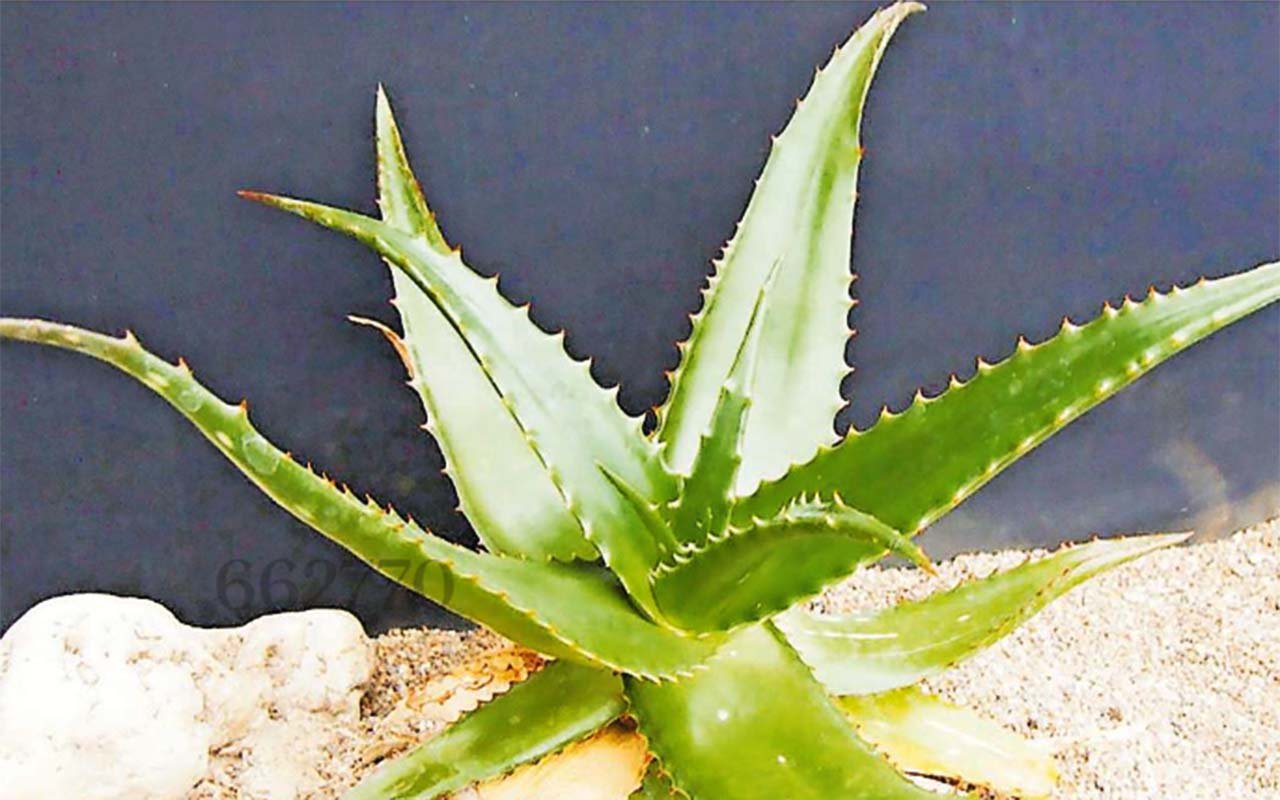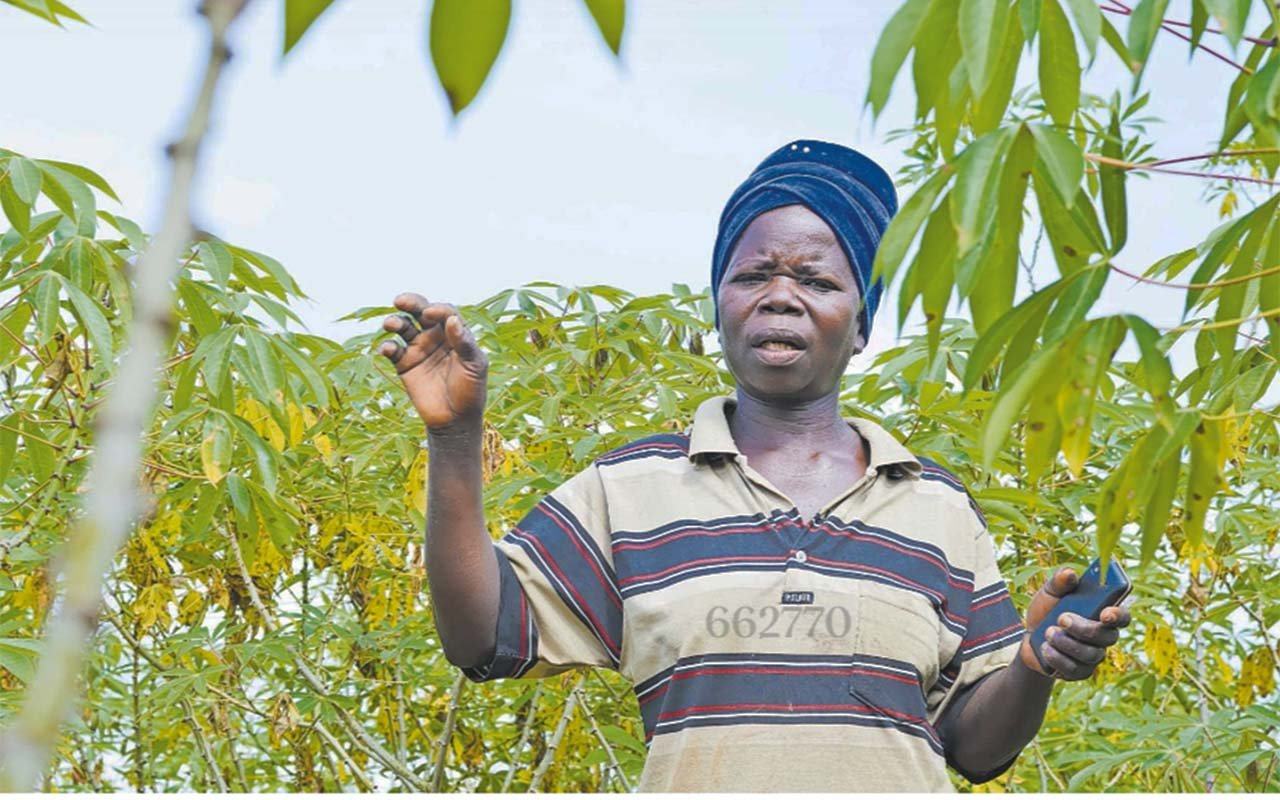Prime
Rearing quails is easy to start, has quick returns and ready market

Kafuko checks on the quail birds. PHOTOs BY MICHAEL KAKUMIRIZI
What you need to know:
To diversify his source of income, he thought of rearing chicken. But a friend advised him to rear quails instead.
Joel Kafuko has been riding a boda boda for the last 12 years in Kampala’s Central Business District. In consideration of how much he has attained from the job, the soft-spoken gentleman says he has no complaints or regrets. He has been able to buy land and construct a house in Kasengejje village, Wakiso Town Council. His children are able to go to school. Altogether, he says his family is not lacking what they need.
However, two years ago, a friend who lived in Kenya, on learning that Kafuko had ventured into chicken rearing, advised him to try quails instead. Quail is that small but plump, flighty, ground-dwelling bird resembling a partridge, normally dressed up in plumage, some shade of brown.
In case you are not aware, there is a specific type of quail that has long been domesticated in some parts of the world, as opposed to the wild variety. Particularly in Kenya, rearing of the domesticated type has increasingly become a popular business over the last decade or so.
Kafuko heeded the advice and it turned out to be a lucrative yet very manageable form of poultry farming.
He now has 400 layer birds, which yield no less than 250 eggs a day. Over the last six months, he has also sold more than 150 chicks every month. Kafuko says he is planning to give up the boda boda business and concentrate on the quails. He confesses that he has no formal training in rearing them, but he adds that through reading material from different sources (the internet, books, manuals) he has been able to get some knowledge.
Although he is not an expert, he is considered “an authority” by many. Kafuko says that in the last one year, he has been getting invitations to offer tips on quail rearing at agricultural workshops and exhibitions.
Here he shares his story, how he goes about the business and some tips.
Little start up, quick returns
Compared to birds such as chicken, turkey and ducks or other livestock like pigs, goats and cattle, quails have the advantage of requiring less start-up capital. “The process of acquiring the birds is what actually requires some substantial amount of money, as every chick costs about Shs20,000,” Kafuko says.
“If you put into consideration the money one has to spend on things such as housing and feeds, it require comparatively less capital. You spend less on housing structures, medicines and feed than what is required for other poultry and livestock businesses.”
In addition, after initial investment, quails have the advantage of quick returns on investment. This means getting back the investment in a short period of time, and thereafter getting profits. “Quails take less time to mature and start laying. Within six weeks, the birds had started laying eggs. Within three months, I had recouped all the money invested, and started getting profit.”
Easy to feed
As part of the low start-up and maintenance costs, another advantage is that quails eat very little.
Kafuko cites an example of his 400 birds, which eat about nine kilogrammes of maize bran every day. This means each bird eats an average of 30 grams per day.
“This makes for about Shs10,000 that I spend on feeding the birds every day,” he says.
“And if I compare with, say, chicken farmers, I spend about eight times less than a person who has the same number of birds. So, I don’t have to worry about spending a lot to feed the birds before I can begin reaping from them.”
On what exactly the quails eat, he says that the standard is generally any poultry mash. This means one does not have to look far and wide for special feed. However, he says, it is better to feed them layers’ mash as it helps them attain a good egg yield.
Maintenance
Quails do not need as much attention, which would allow you time to attend to other activities. This includes rearing other birds or animals as well. “It is my wife who looks after the birds most of the time. During the day, I am away riding the boda boda,” Kafoko says. “She will also tell you that there’s nothing to do for them besides giving them feed and water in the morning and going in to pick the eggs in the evening.”
Kafuko says rearing the birds as a full-time activity, one person can easily handle 5,000 birds and more without the help of any one else.
Little space required
Rearing quails also has the advantage of requiring relatively small space. This means that there is comparatively less costs incurred in putting up housing structures. For other livestock, one has to construct large housing structures where to keep them. In some cases, there are complicated structures like storeyed ones for chicken and turkey or specially-drained ones for pigs. But for quails, there is nothing like that. All one needs are small and simple structures of wood and mesh, which can be fitted in a very limited space.
Referring to his own scenario, Kafuko keeps 24 birds in a one-square metre compartment. The compartments are piled in a storeyed arrangement of four, with each having 96 birds. There can be as many as 1,000 birds in a room no larger than seven square feet.
Managing diseases
Apart from deworming them every three weeks, the birds generally require no other medication because they rarely fall sick. However, there is need for sanitary management practices to guarantee protection against diseases.
“Equipment, such as cages, feeders, waterers and tools should be cleaned and sanitised frequently. Every effort should be made to screen out wild birds, rodents and vermin that might introduce disease,” Kafuko says.
Ready market
There is a ready market for quails and the its products like eggs and meat.
“All those advantages would make no sense if the eggs and meat of the birds didn’t have market,” Kafuko says. “Quail eggs are on so much demand. At Shs1,000 each, they also fetch much more than any other eggs on the market, that is, more than twice what chicken eggs fetch.” He says the market for his quail eggs are the supermarkets around the city. He also gets many people referred to him for the eggs, coming from as far as DR Congo and South Sudan.
On the side of selling the birds, Kafuko says he mostly sells one-month old chicks that have been hatched from the eggs; each chick goes for Shs20,000.
These especially have market because an increasing number of people are getting into the business of rearing quails. But he does not sell the mature birds often, because a bird must have laid eggs for about one and a half years before it stops and gets sold off for meat. Yet very few of his birds have produced eggs for even a full year. “I sold off all the 100 birds I began with when they had laid for about a year and a half or more. But most of the ones I currently have are still laying and I’m yet to sell them off,” Kafuko adds.
There is a ready market for the mature birds themselves at supermarkets and hotels, let alone at meat processors like Fresh Cuts. He says, however, that if one is looking at rearing quails for the meat, he or she has to acquire the specific breeds which are yet to be fully ventured into in Uganda. As one planning to go full time into quail farming, Kafuko says the meat breeds are also on his radar. He intends to have more than 2,000 birds next year.




